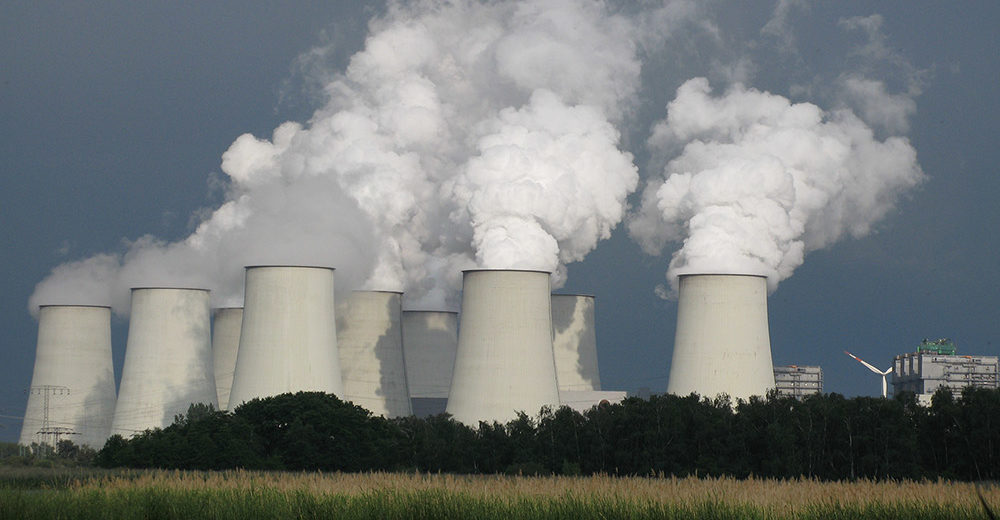Saturday, July 5, 2025
Mélanie Joly, Minister of Economic Development and Official Languages, and Minister responsible for Western Economic Diversification Canada, announced $5.8 million in funding to support 12 economic development, training and career support initiatives in the provinces of Saskatchewan and Alberta.
“Making the transition away from coal and towards cleaner energy is necessary. It is good for our health, our environment, and our economy,” said Joly. “However, helping coal workers and coal communities must be the priority in this transition. The Government of Canada will continue to support western Canadians who are affected by the phase out of coal, ensuring that they have the resources they need to build stronger, resilient communities and create new opportunities.”
The funding comes from the Canada Coal Transition Initiative (CCTI), and includes:
- Over $1 million to the City of Estevan for feasibility studies and marketing activities, including economic assessments of a carbon capture natural gas facility and short line rail;
- $960,000 to projects led by the Town of Coronach to enhance main street areas and create a marketing strategy for communities in the Deep South Regional Partnership;
- Nearly $1.5 million to the Cactus Corridor Economic Development Corporation to identify economic development opportunities and promote investment readiness in the region around Hanna and Youngstown Alberta;
- $800,000 to Southeast College to establish a heavy equipment operator training program at its Estevan campus; and
- $677,880 to the United Mineworkers of America Local 7606 to establish a transition centre for coal workers in the Estevan and Coronach region.
“Saskatchewan and Alberta’s coal workers, their families, and their communities are at the heart of the Government of Canada’s commitment for a just and fair transition to cleaner energy and a cleaner economy,” said Terry Duguid, parliamentary secretary to the Minister of Economic Development and Official Languages (Western Economic Diversification Canada) and to the Minister of Environment and Climate Change (Canada Water Agency). “These initiatives will enable new business opportunities that create well-paying, sustainable jobs.”
Coal is a fossil fuel that has been used as a source of energy in Canada since the 18th century. Most of the country’s coal reserves (over 95 per cent) are found in Alberta, British Columbia and Saskatchewan.











